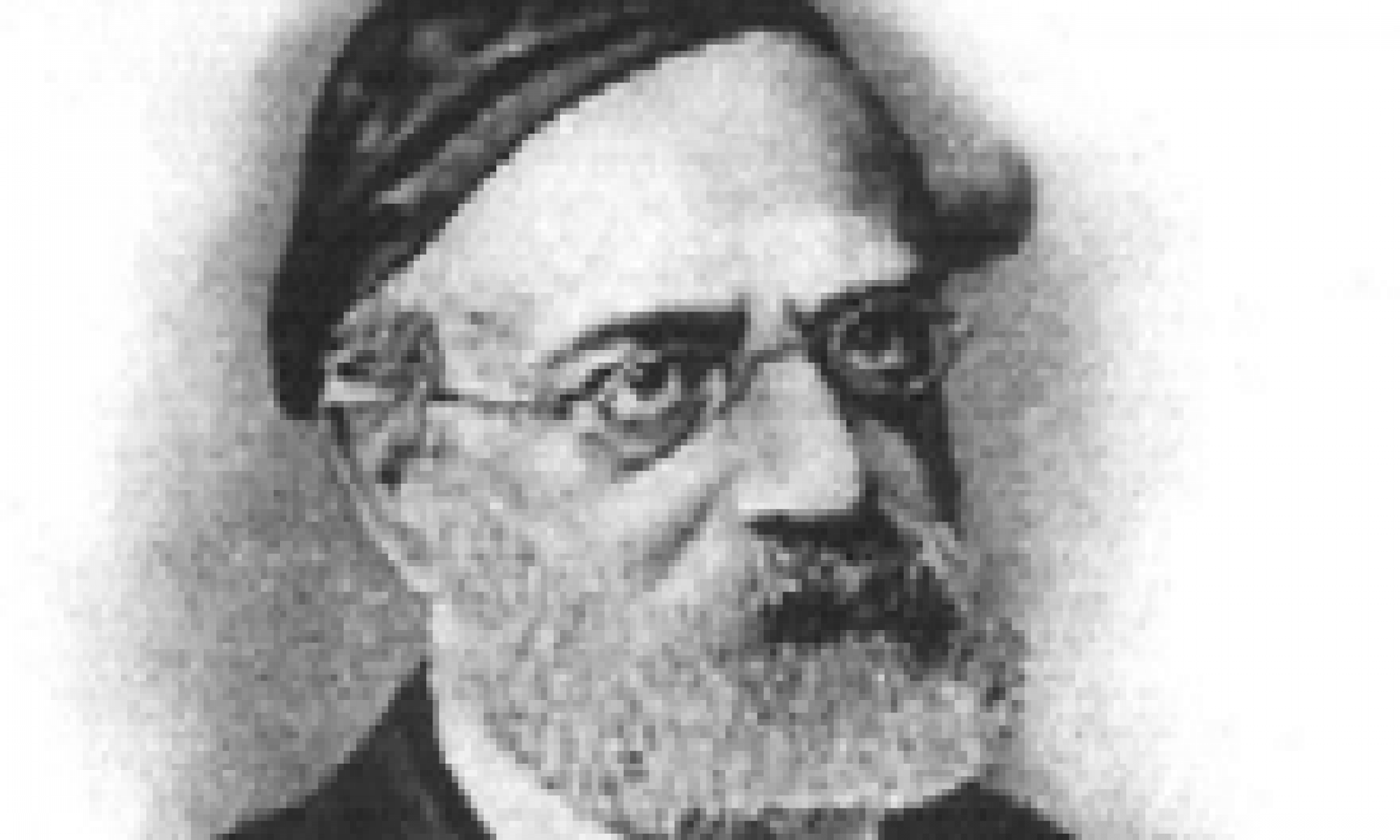ויהי כי החל האדם לרב על פני האדמה ובנות ילדו להם. ויראו בני האלקים את בנות האדם כי טבת הנה ויקחו להם נשים מכל אשר בחרו. ויאמר השם לא ידון רוחי באדם לעלם בשגם הוא בשר והיו ימיו מאה ועשרים שנה
It came to pass when men began to multiple on the face of the earth and daughters were born to them. That the sons of men were good to look upon, and they took themselves wives from wherever they chose. And God said: My spirit within man will not remain the judge forever, since he is also flesh; therefore his days shall be 120 years.
—-
As explained earlier, the line of Kayin had given up on a relationship with God. The Kayinites created the world of invention, industry and culture. These aspirations, independent of God, created a world of despair. (see 4:17-24) The descendants of Shais had maintained traces of their spirituality. The Torah uses words that show the Shais line had much of the original grandeur of Adam. See 5:1-3 where the following words are used at the onset of this line: אדם, ברכה, צלם, דמות. At the outset of the Shais line, the Torah also states the equal stature of man and woman by writing זכר ונקבה בראם.
The godly spirit and hope for man’s return to its original state became at risk when בני האלקים, men from the Shais line, chose women from בנות האדם, from the Kayin line, because of their beauty. They chose them indiscriminately – מכל אשר בחרו. They didn’t consider how these women would influence the next generation. Devoid of godliness, the Kayin line was a straight path of descent. The Shais line, wavered back and forth, and godliness continued to reemerge. In the Shais line, there was still hope for man. But with the merging of these two lines in the families, the path of man’s return was no longer clear. Perhaps the worldview of Kayin would put an end to the worldview of Shais.
Man needs to use his free will to make good choices. The spirit of God within man is to be judge. But sensuality silences this spirit. לא ידון רוחי באדם לעלם בשגם הוא בשר. In the course of time, man may completely lose the battle and no longer care to make good choices. This is why the Torah emphasizes the laws of family purity and modesty. These laws are essential for keeping the spirit of God awake within man.
God saw that if this trend continued man would no longer be on course to return to a godly life. (Even so, man has free will and even in this situation, man has the capacity to still emerge godly. – GS) And so He granted the world 120 years to see what the outcome of this struggle would be.
Beraishis 6:1-3
pages 163-166

